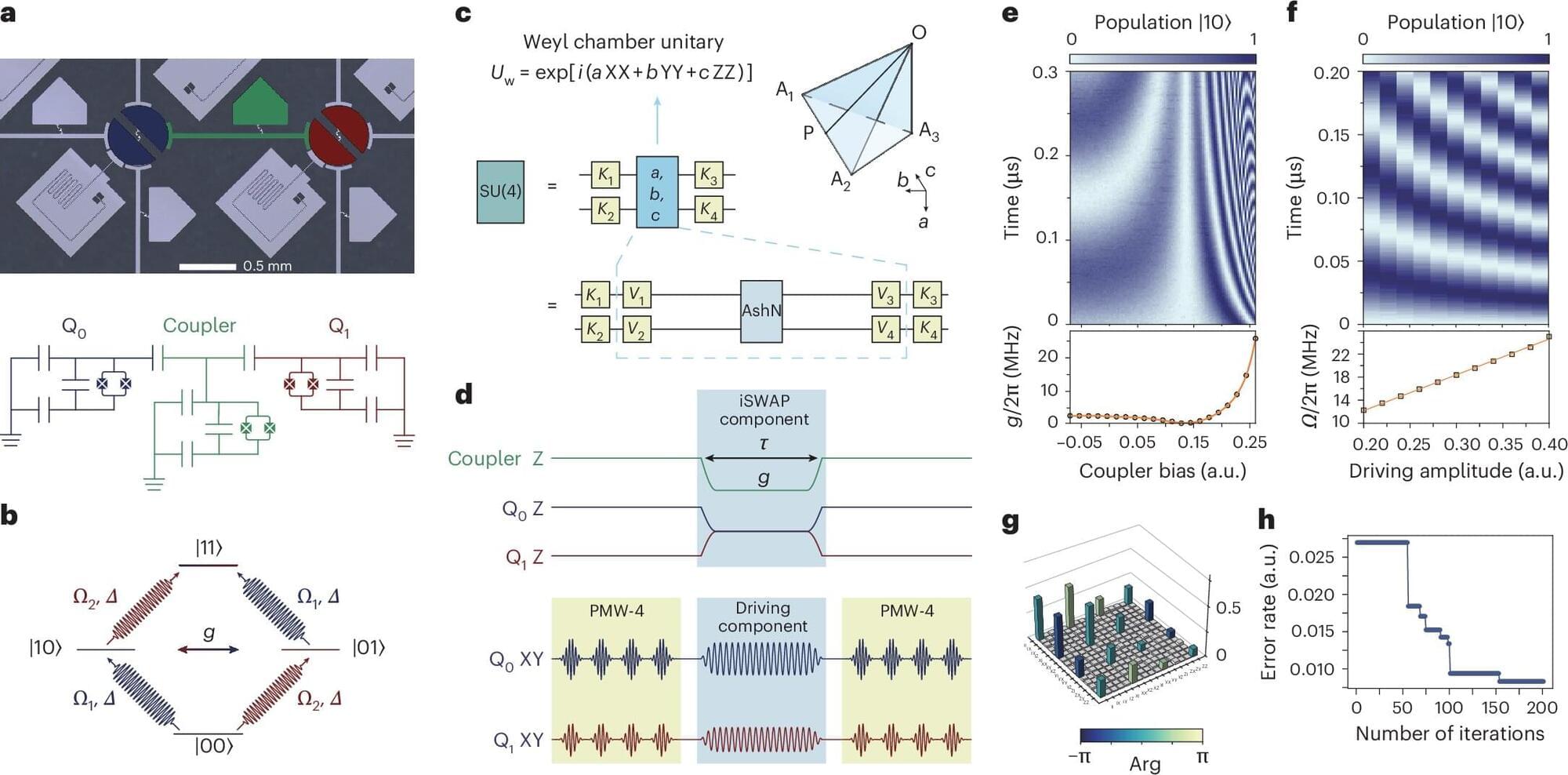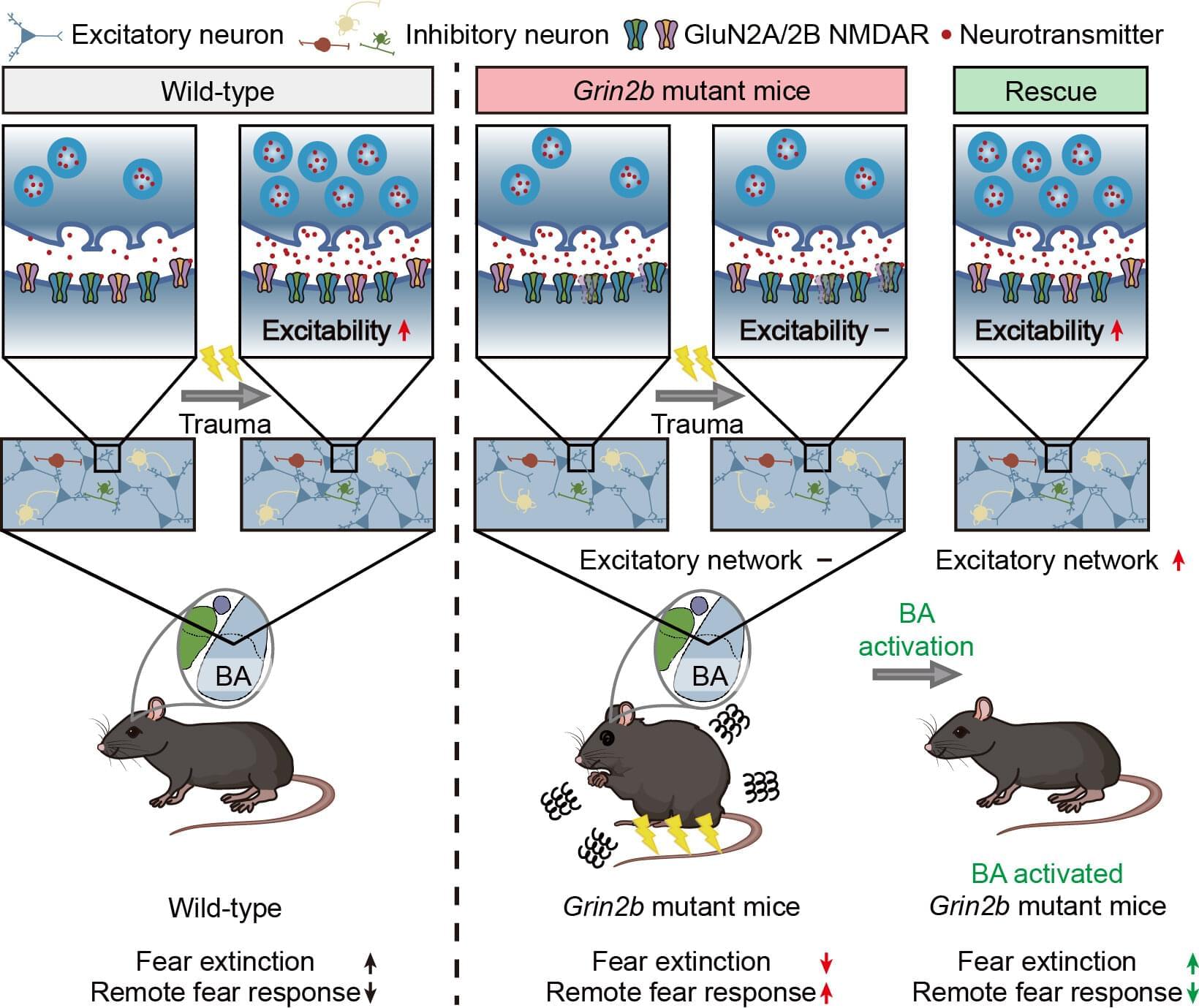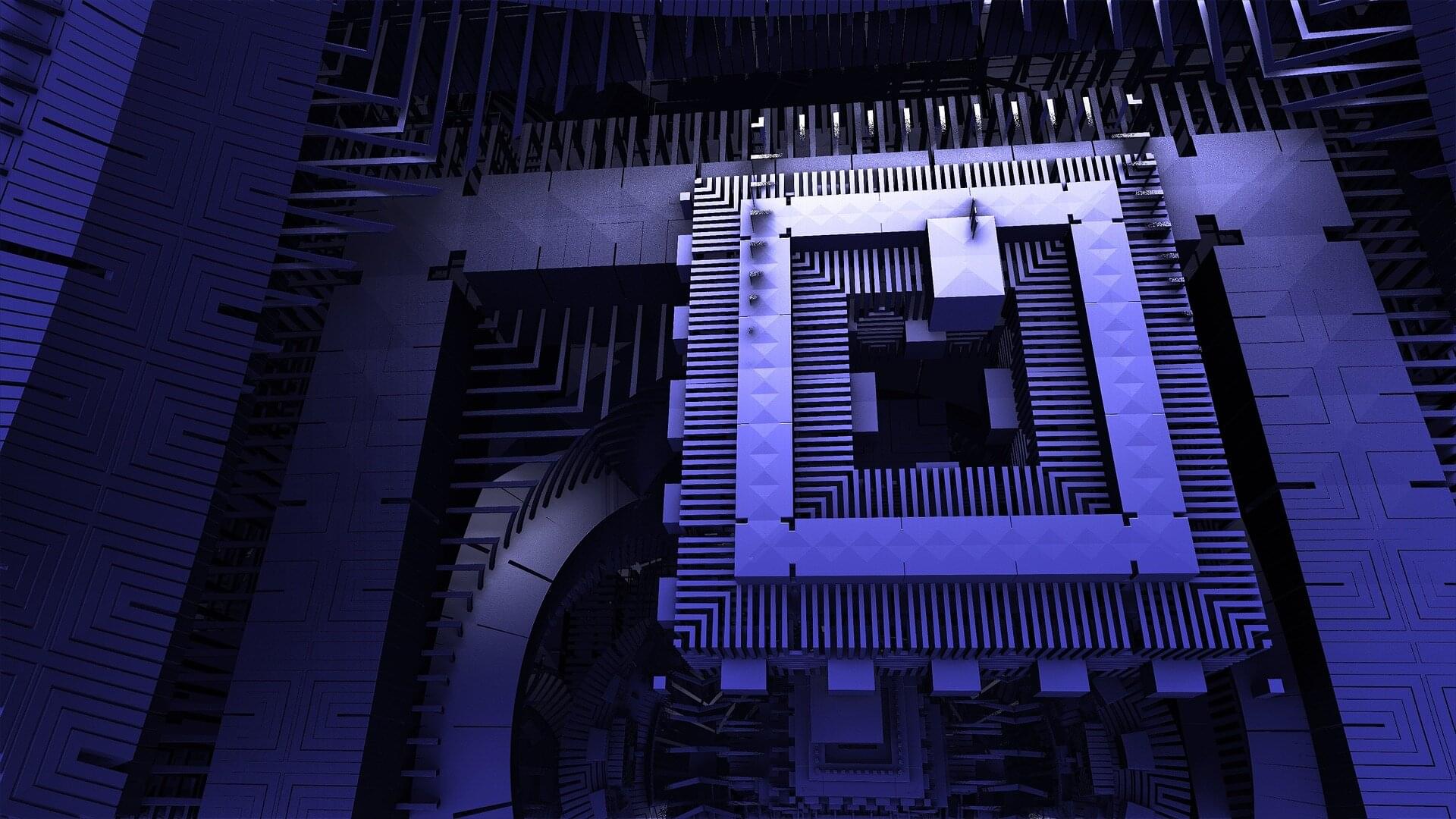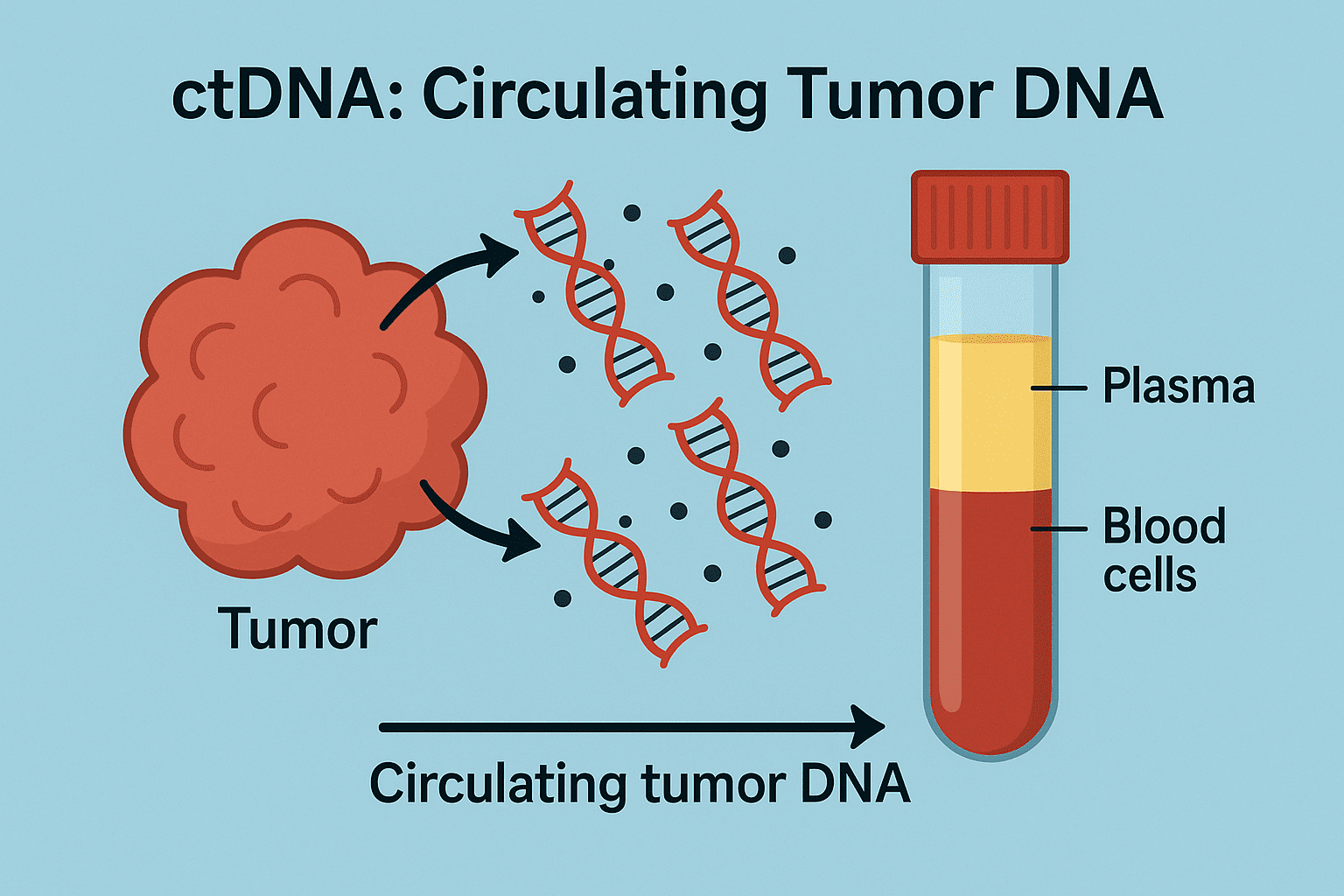The operation of quantum computers, systems that process information leveraging quantum mechanical effects, relies on the implementation of quantum logic gates. These are essentially operations that manipulate qubits, units of information that can exist in a superposition of states and can become entangled.
A type of quantum logic gate that enables the entanglement between qubits is a so-called two-qubit gate. Notably, most existing schemes for generating these gates force qubits outside of the conditions or parameters in which they can best store information and are easier to control.
Researchers at the Beijing Academy of Quantum Information Sciences (BAQIS) and Tsinghua University recently introduced a new universal scheme to implement two-qubit gates in superconducting quantum processors. This scheme, outlined in a paper published in Nature Physics, was found to reliably enable the generation of entanglement between qubits in superconductor-based quantum computers.








